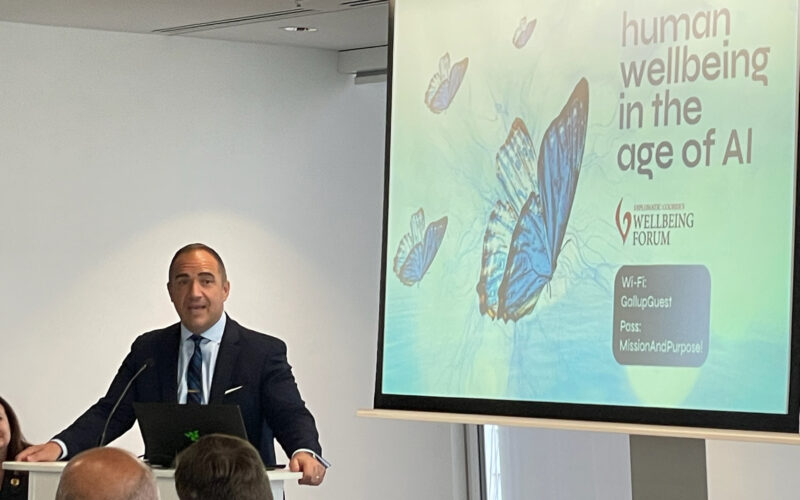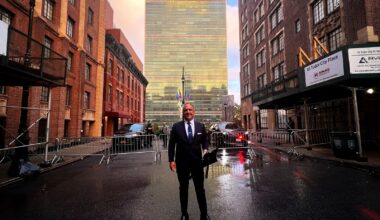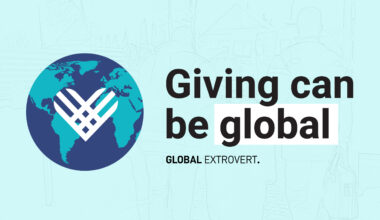Want to break some taboos with me?
“Taboo” comes from the Polynesian word “tabu,” which can be translated as “sacred.” It wasn’t exactly a synonym for forbidden–as we may think of it now–as much as it was a word for social or cultural constructs designed to maintain a particular social order or moral universe.
This essay relates to things that, to many people, are sacred. It feels natural to acknowledge that sometimes we are scared to talk about those things. But in this case, these are the taboos that need breaking. Taboos are not set in stone; rather they evolve and change across cultures, time, and particular sets of circumstances.
There are two taboos in particular that are deeply entrenched in some places in modern society: openly talking about one’s religion or spiritual practice, and openly talking about mental health. Some people avoid talking about their faith are to avoid conflict or being stereotyped; other people avoid talking about mental health because they worry it will embarrass them or others.
The time is now to discuss both.
This week, coinciding with World Mental Health Day, a group came together in London to help break the taboos. The Radiant Foundation and Gallup released Faith and Wellness: The Worldwide Connection Between Spirituality and Wellbeing. In it, a clear connection is made between a robust spiritual practice and stronger mental health.
Among many important findings, I’ll note three observations that have helped to start conversations:
- Worldwide, people with a greater commitment to spirituality or religion have better wellbeing in many respects.
- Institutions — such as the workplace — can play a role in supporting spirituality.
- Religiosity or spirituality has been found to inspire stronger social connections in a variety of studies, and scholars who explore mortality and spirituality assert that social relationships that stem from religious communities can offer support and encouragement.
I’ve been part of many conversations and convenings about creating inclusive work communities. That should also include making work a safe space to respectfully and appropriately express your religion, faith, or spiritual practice. But it is more than just providing safe spaces.
It is no surprise to me that one of the reasons a spiritual practice can be such a powerful resource in wellbeing is because one usually practices in community with others. Gathering. Being part of a network, a congregation, a collection of like-minded people. I have seen the transformative effects of this across both my personal and professional life. When we come together in common purpose–the value of purpose is another key finding of the report–we find the strength and inspiration to overcome challenges and rise above.
We are facing a worldwide mental health crisis, and we can’t afford to overlook any element that can improve wellbeing. Many call it a “hidden” crisis because it is not as visible as other pandemics or crises. But there is nothing hidden about many of the impacts we are seeing today. And we need more data to understand what tools might be available to people.
Until recently, most data of this kind asked only elementary questions about spiritual practice. The more expansive measure of this report will help us truly understand how these factors can strengthen mental health. This study gives us a new framework for how those factors are connected and a more nuanced and comprehensive understanding of religious observance, spirituality and wellbeing.
Sadly, the report also notes that “when more is being discovered about a link between spirituality and improved wellbeing, in many parts of the world, people are becoming less religious. People are likely unaware of the role that spiritual life and practice can have on their mental and physical health.”
It is time to follow the World Health Organization, which advised last year to “step up commitment and action to change attitudes, actions and approaches to mental health, its determinants and mental health care.” We need to start talking openly about this health crisis.
Similarly, we need community leaders, doctors, and public health officials who are on the frontlines of this crisis to speak openly about the valuable role of religion, faith, and spiritual practice in wellness. Data drives good decisions, and the data is clear here.
Some might argue that taboos are meant to be broken. I don’t agree with that. I do believe, though, that when a possible solution to a deep-rooted problem becomes apparent, it is an opportunity to reconsider your behavior and your position.
I’m choosing to break two taboos about spiritual practice and mental health. Too much is at stake. Please read Faith and Wellness: The Worldwide Connection Between Spirituality and Wellbeing, and consider joining me.


